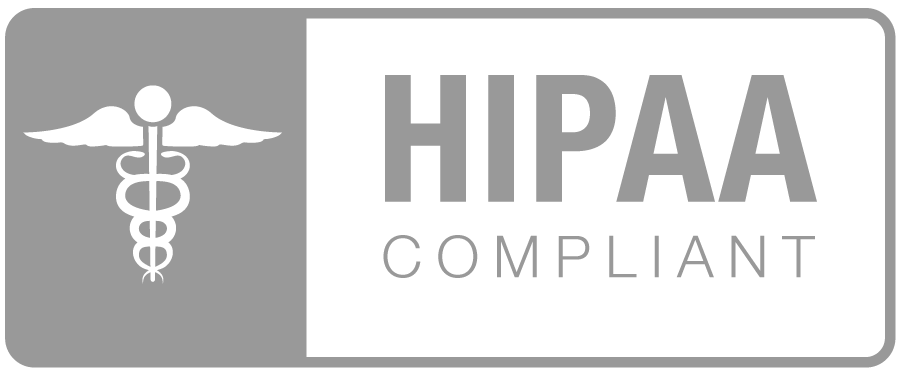If you simply ignored a physical ailment, like a high fever or a broken bone, people would be dumbfounded if you don’t get the help of a medical professional.
Yet many people refuse to see a mental health issue as just as serious and normal a problem as any physical ailment. Instead, they create a stigma that characterizes someone seeking help for a mental health problem as weak, or unstable, or possibly dangerous.
While such reactions are becoming less common, they still exist and keep millions of Americans from seeking the readily available professional help that would make them healthier and happier.
Instead, many people avoid seeking mental health help out of fear of being “labeled” with a mental illness, feeling family and friends won’t understand, or that it could lead to discrimination at work or school. They may see mental health problems as a sign of personal weakness, and mistakenly believe that they should be able to control whatever is wrong without outside help.
The reality is that people who seek needed help aren’t weak, but are instead showing real strength in trying to correct a very fixable problem. Just as getting to a doctor for the right medicine to stop that high fever makes good sense, so does finding a professional counselor who can help someone overcome the problems he or she is facing.
And such problems are very common. It’s estimated that one in eight adolescents is suffering from depression. Current statistics find that about 117 Americans take their own lives every day. Yet only a small percentage of people needing mental health help seek treatment.
Mental health issues are not a reason for shame, but rather simply a condition that requires treatment by a professional. Anxiety, depression, panic attacks, eating disorders, social phobias and similar problems are not signs of personal weakness nor reasons for shame. They are simply conditions that can, in most cases, be treated successfully and can result in a happier, healthier and more productive life.
If you or someone you know is suffering from a mental health issue, don’t give in to the stigma, but rather take action for better health. Talk to a friend or family members about what’s bothering you and look to a professional counselor for assistance. Seeking mental health help is as logical and right as seeking out that trained doctor when you have that fever.
CounselingWorks offers family, couple and individual Christian counseling on an affordable sliding scale fee.
This article is provided by the American Counseling Association. Visit the ACA website at www.counseling.org.


